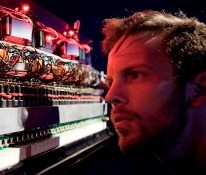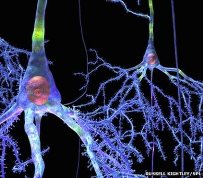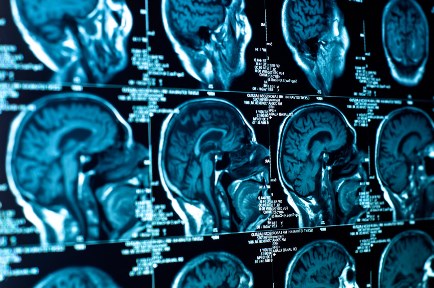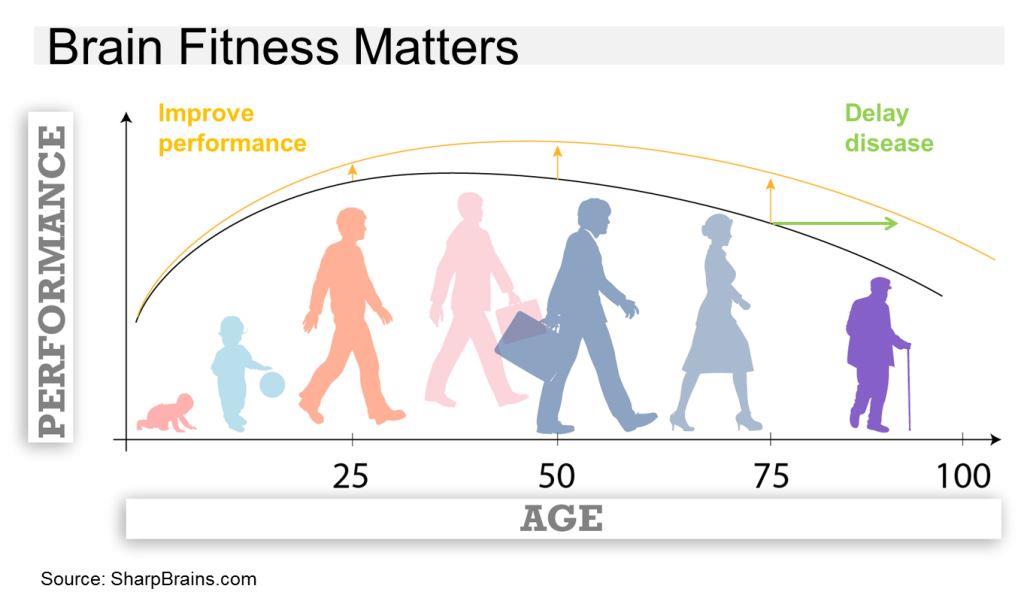Posts Tagged ‘human-brain’
Study: Are neuromarkers on the cusp of transforming education and mental health?
. Brain Scans May Help Predict Future Problems, And Solutions (NPR): “Brain scans may soon be able to help predict a person’s future — some aspects of it, anyway. Information from these scans increasingly is able to suggest whether a child will have trouble with
Read More10 Ways To Improve Health & Well-being Based On Latest Non-Invasive Neurotechnologies
— Last month I had the fortune to join over 1,900 pioneers from 90 countries at the World Economic Forum’s Annual Meeting in Tianjin, China, to discuss how innovation can improve the state of the world. Throughout hundreds of panels, workshops, private meetings and social gatherings, we examined how to deal with climate change, how to invest…
Read MoreOn the convergence of neuroscience and electronic engineering
To understand the brain you need electronic engineers too (The Conversation): “Electronic engineers are emerging as important contributors to understanding of the workings of the human brain. There is a rapidly growing intersection between electronic engineering and neuroscience.
Read MoreEuropean neuroscientists challenge the Human Brain Project as is
Neuroscientists attack ‘off-course’ human brain project (BBC News): “Senior neuroscientists have attacked the Human Brain Project, a billion-pound European Commission initiative aiming to simulate the human brain. An open letter to the EC from over 200 scientists says the project is “not on course”,
Read MoreTo boost brainpower, ignore “smart drugs” and focus on experiences that harness neuroplasticity the right way
Traditional scientific ideas cast the human brain as a fixed and essentially limited system that only degrades with age. This view saw the brain as a rigid machine in many ways, pretty much set after childhood. By contrast, we have now come to appreciate that the human brain is actually a highly dynamic and constantly…
Read MoreBrain Teaser: What “some kind of asset” are we talking about?
An excellent article at the Times, Who Gets to Graduate, explores new thinking and tools to help college students succeed. Towards the end of the quite long article the writer quotes researcher David Yeager as saying:
Read More





